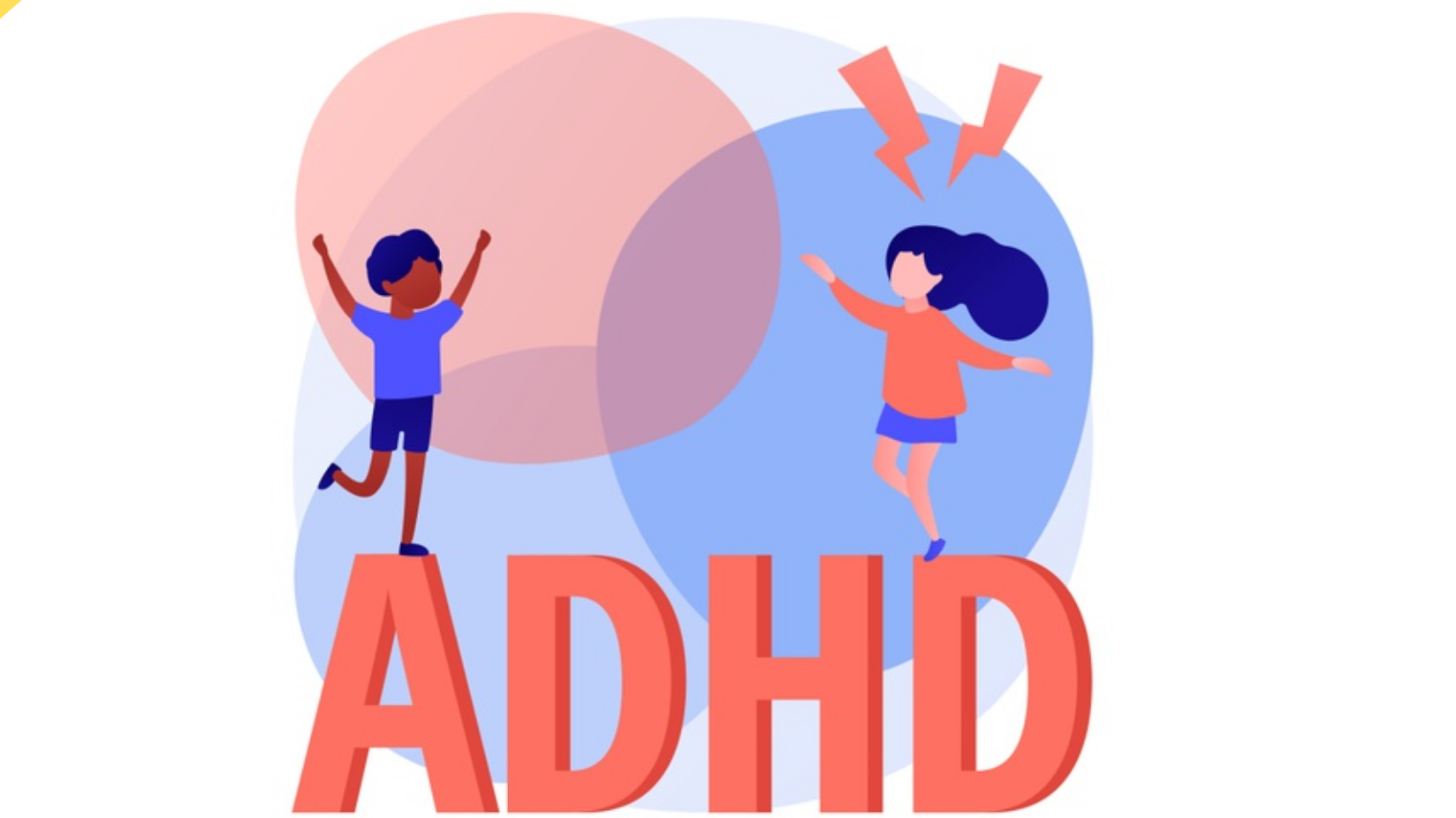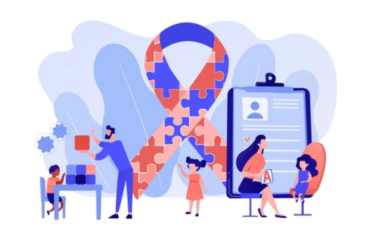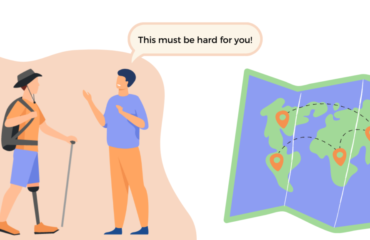
ADHD is not about knowing what to do, but doing what one knows
Russell Barkley
Have you ever come across someone who’s extremely fidgety, can’t sit still in one place for too long, keeps getting distracted or feels hyperactive and restless for most of the time? Chances are that they have low attention spans which could be a result of ADHD-full form being Attention Deficit Hyperactivity Disorder.
What is the meaning of ADHD?
ADHD is a neurodevelopmental condition which is characterised by low attention span, impulsivity, restlessness and hyperactivity. What we need to understand is that it is not a mental health disorder, it’s a “neurological” condition stemming from the differences in the brain structures and functions. Thus, it is a part of the broad umbrella term “Neurodiversity”, where we need to unlearn that conditions like ADHD are “diseases” and instead relearn that it is a neurological condition caused by differences in the brain.
So, what causes ADHD?
The cells in our brain called “neurons” secrete certain types of chemicals called neurotransmitters like dopamine, serotonin, epinephrine, norepinephrine. Being a neurological condition, in ADHD, two neurotransmitters: dopamine and norepinephrine are found in low levels in the brain. This specifically occurs in 4 connected brain regions: frontal cortex, limbic system, basal ganglia and reticular activating system. This leads to the manifestation of all the symptoms of ADHD like inattention, poor organisational skills, restlessness, emotional volatility, impulsivity and hyperactivity.
I know this can be confusing, so let’s imagine these 4 parts of the brain are the different parts of a car engine. Dopamine and norepinephrine are the water coolants and fuel required for the car to run smoothly. Due to low levels of either the coolant or the fuel, the connection amidst these parts is splintered which leads to the car not being able to function as a “normal” car would. Thus, the car isn’t broken, defeated or diseased, it’s just functioning differently at its own pace similar to what an ADHD brain would do!
How do you manage ADHD?
There is no ultimate “cure” for ADHD but several options exist which can help your child manage their symptoms:
- ADHD Medication: Certain medicines alleviate the symptoms of ADHD, by changing the levels of neurotransmitters in the brain, it’s not a permanent solution. It can however help someone with the condition concentrate better, feel calmer, and create a conducive environment to focus better on tasks.
- ADHD Therapy: Different therapeutic interventions like psychotherapy, psychoeducation, Cognitive Behavioural Therapy (CBT) are helpful in managing the symptoms of ADHD.
If you are interested to learn and know more about ADHD, the different types, causes, and treatment strategies, you can check out our ADHD video, and become a really powerful ally to the community by learning more and more about neurodiverse conditions!




You must be logged in to post a comment.